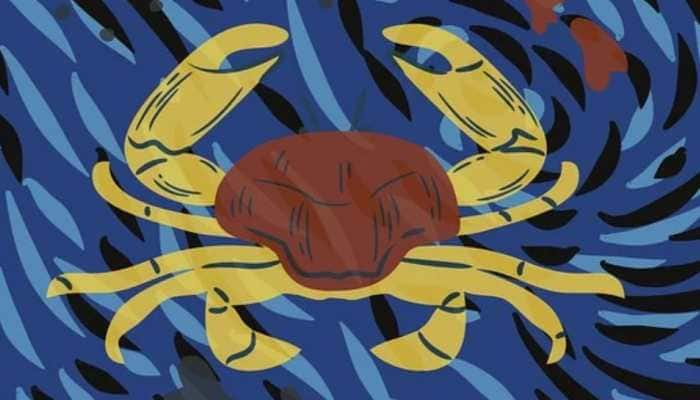Getting period before age 12 linked to premature menopause
The new study from Australia finds that girls who start menstruating at 11 or younger are at an increased risk of early or premature menopause, adding that the risk increases if they do not bear children.
Trending Photos
)
New Delhi: A new study has linked getting a period before the age of 12 to early or premature menopause.
The new study from Australia finds that girls who start menstruating at 11 or younger are at an increased risk of early or premature menopause, adding that the risk increases if they do not bear children.
The study indicates that the risk of premature or early menopause in women who have early periods increases five-fold and two-fold respectively when compared to women who had their first period aged 12 or older and those with two or more children.
“If the findings from our study were incorporated into clinical guidelines for advising childless women from around the age of 35 years who had their first period aged 11 or younger, clinicians could gain valuable time to prepare these women for the possibility of premature or early menopause,” said lead researcher Gita Mishra from Queensland in Australia.
“It provides an opportunity for clinicians to include women’s reproductive history alongside other lifestyle factors, such as smoking, when assessing the risk of early menopause and enables them to focus health messages more effectively both earlier in life and for women at most risk. In addition, they could consider early strategies for preventing and detecting chronic conditions that are linked to earlier menopause, such as heart disease,” Mishra added.
The study looked at 51,450 menopausal women in the UK, Scandinavia, Australia and Japan. The researchers looked at the self-reported age of a woman’s first period as well as how many children she had.
The results suggest that women who started their menstrual periods aged 11 or younger had an 80 percent higher risk of experiencing a natural menopause before the age of 40 and a 30 percent higher risk of menopause between the ages of 40-44, when compared with women whose first period occurred between the ages of 12 and 13.
Women who had never been pregnant or who had never had children had a two-fold increased risk of premature menopause and a 30 percent increased risk of early menopause.
Mishra said while a woman’s age at her first period and age at menopause are both markers of reproductive health, researchers are not clear what the link between the two may mean for women's overall health, and a better understanding of the possible link between them "will provide them with the opportunity to monitor and intervene as early as possible," to prepare women for the possibility of things like ovarian failure or early menopause.
Researchers hope that their findings will help shape clinical guidelines for reproductive health
The study has been published in Human Reproduction.
(With ANI inputs)
Live Tv







)
)
)
)
)
)
)
)
)
)
